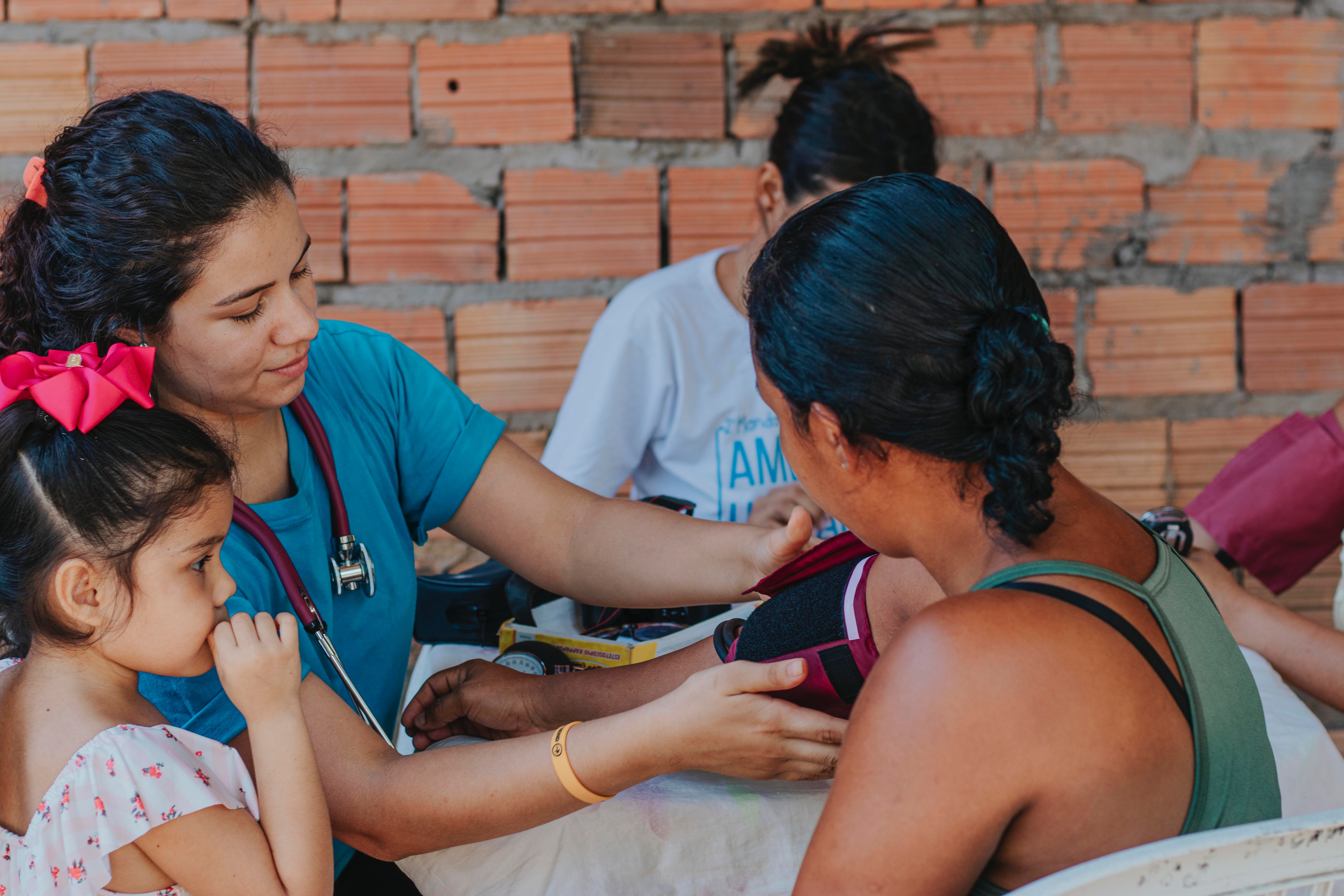The Ministry for Women, the Family and Human Rights of Brazil and the National Institute of Rehabilitation of Portugal participated in an encounter to exchange good international practices for the support of family caregivers, carried out in collaboration with the EU EUROsociAL+ Programme.

Foto: Carlos Magno.
Family caregivers, mostly women, are a historically invisible group both in Europe and in Latin America. Since they are generally relatives or people in the family circle, they usually do not receive any remuneration or recognition for their work. With the aim of recognising their rights, the Secretariat for the Rights of Persons with Disabilities of the Ministry for Women, Family and Human Rights of Brazil is working on a national policy of national support for family caregivers of people with addictions. This institution will seek to include specific support for family caregivers in the care systems, including: economic benefits, social security and labour flexibility, psychosocial support services, training and validation of skills, caregiver rest, etc.
The EUROsociAL+ Programme accompanies this action through specific activities. One of them was the international exchange workshop held on 29 October, which included the presentation of a diagnosis on the current situation of family caregivers in Brazil and certain recommendations to improve it by the experts from EUROsociAL+, Mônica Braúna Costa and José Miguel Nogueira. In addition, Fernanda Sousa, Director of Services of the National Institute for Rehabilitation, shared the experiences of Portugal in the matter. Finally, the participants, members of different Brazilian institutions, divided into workshops to answer key questions for the policy under construction: Should care policies be considered a caregiver’s right? What is the role of the State and the private sector, be it for-profit or nonprofit, in care policies? What are the financial challenges in carrying out a national policy to support family caregivers?
During the workshop, the work “Good International and Brazilian Practices in support of family caregivers” was also presented, being carried out by experts from EUROsociAL+ in conjunction with the Secretariat for the Rights of Persons with Disabilities of the Ministry for Women, the Family and Human Rights of Brazil. This document, which will be published soon in the EUROsociAL collection, looks to serve as a reference on different experiences that, both in Europe and in Latin America, were developed to support family caregivers.
This action is part, among others, of the work that EUROsociAL+ has been carrying out in the care sector for several years throughout the Latin American continent. In addition to having developed different supports in different countries, since 2020 – together with the Inter-American Development Bank and the French Development Agency – it has been promoting the creation of the Cuidar+ Network, a space for exchange and reciprocal support between Latin American countries and the Caribbean on the subject.



